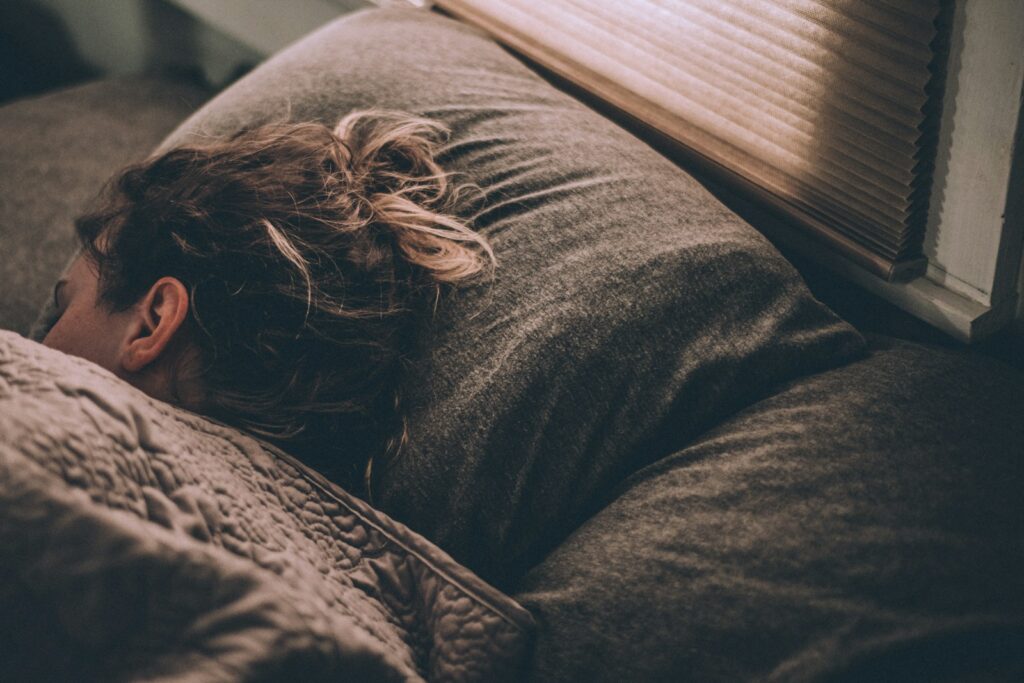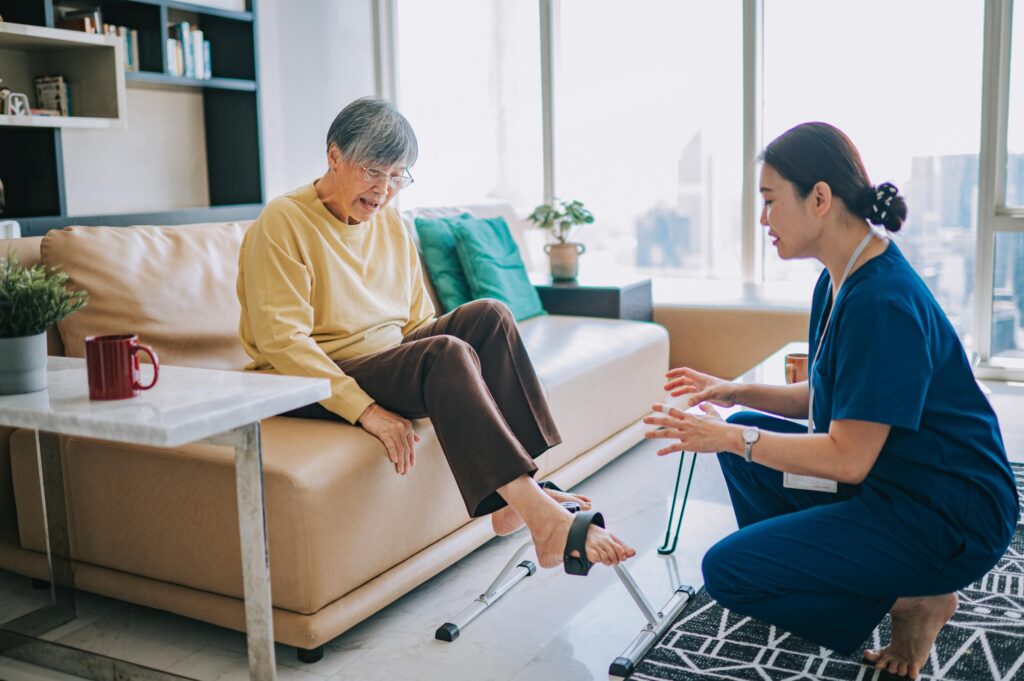Sleep is important for every person whether young or old. But many seniors have to deal with challenges related to their sleeping schedule. These challenges can stem from a variety of factors such as health conditions, medications, or changes in the natural sleep-wake cycle of the body, etcetera. Improving the sleep quality of seniors who are receiving home care, can bring significant improvement to their health as a whole. But how can you help them in fixing their sleep schedule? Well, the following are some tips for creating a better sleep schedule and night habits for them.
Create a Comfortable Sleep Environment
A big role is played in the quality of a person’s sleep, by the environment in which they take a rest. It takes more than just having a cozy bed to improve a senior’s sleep; you must create an environment that provides better relaxation and minimizes any sort of disruptions to their sleep.

You can start by making the bedroom quiet, cool, and dark. For those who may require some sort of lighting in case they have to get up at night, soft lighting or nightlights should be utilized but remember to keep them dim to avoid disrupting the sleep cycle. A white noise machine or soft music can be used to block out disrupting sounds, if there is an issue of noise. And yes! The bed should be comfortable with supportive pillows and bedding that can keep the body at the right temperature, whether by using a blanket in winters or a sheet in warm weather.
Stick to a Consistent Routine
Routine is very good for the body, especially when it comes to sleep. You must encourage the senior to go to bed and wake up consistently at the same time everyday respectively, even on weekends. Creating a habit out of sleeping and waking up consistently can help regulate the body’s internal clock, which can make the process of falling asleep and waking up a lot easier.
Unwinding before actually going to sleep is also very important. Activities such as reading, light stretching, or listening to calming music are going to be helpful in relaxation and should be encouraged. While stimulating activities, like watching TV or using the phone should be avoided as they emit blue light that can interfere with the melatonin production in the body, which is the hormone that regulates sleep.
Watch Out for Diet and Caffeine
Our eating habits or our diet can also interfere with the quality of our sleep. You must be mindful of what the seniors consume before going to bed, it is very important. Falling asleep can become more difficult if large meals, heavy snacks, or too much fluid is consumed before bedtime, it can cause disruptions throughout the night.
Caffeine too is very problematic for sleep quality. It can be tempting to enjoy an afternoon coffee or tea but consuming caffeine late in the day can make it very hard to fall asleep. The intake of caffeine should be limited to the morning hours only and alternatives should be utilized for the later hours, such as decaf or herbal teas.
Limit Naps During the Day
Seniors may usually feel tired most of the time, which is why it can be tempting for them to nap during the day. But long and frequent naps can make falling asleep at night much harder. Daytime naps must be kept between 20 to 30 minutes maximum in order to not cause any disruptions to the naptime at night, and it is better to take them earlier in the afternoon rather than later. This will help prevent grogginess and the natural sleep-wake cycle won’t necessarily be disrupted.
Address Anxiety and Stress
Difficulties are sometimes caused by anxiety or stress as many seniors deal with either of these. Racing thoughts at the bedtime can occur due to worries about health, finances, or the future. A calming atmosphere in the evening is very important for reducing stress. Deep breathing, meditation, or gentle yoga are some relaxation techniques that can promote a reduction in stress and provide calmness.

Emotional support can also be vital for seniors to feel less stressed; this can be provided by caregivers. They can encourage seniors to talk about their feelings or concerns. Sometimes, even having a listening ear can ease anxiety and make sleep easier to come by.
Supporting Better Sleep for Seniors
Some strategies for a good night’s sleep are creating a sleep environment, sticking to a routine consistently, managing health conditions sufficiently, all of these can help seniors enjoy better and more relaxing nights. And a big impact on sleep quality can be caused by small adjustments like limiting caffeine or adding light exercise.
If by any chance, you are looking for a bespoke home care solution that can support a senior loved one in a holistic way, including sleep, 1st Care Community can be your answer. Visit our website or contact us to learn more about how we can help you or your loved one in the best way possible.


